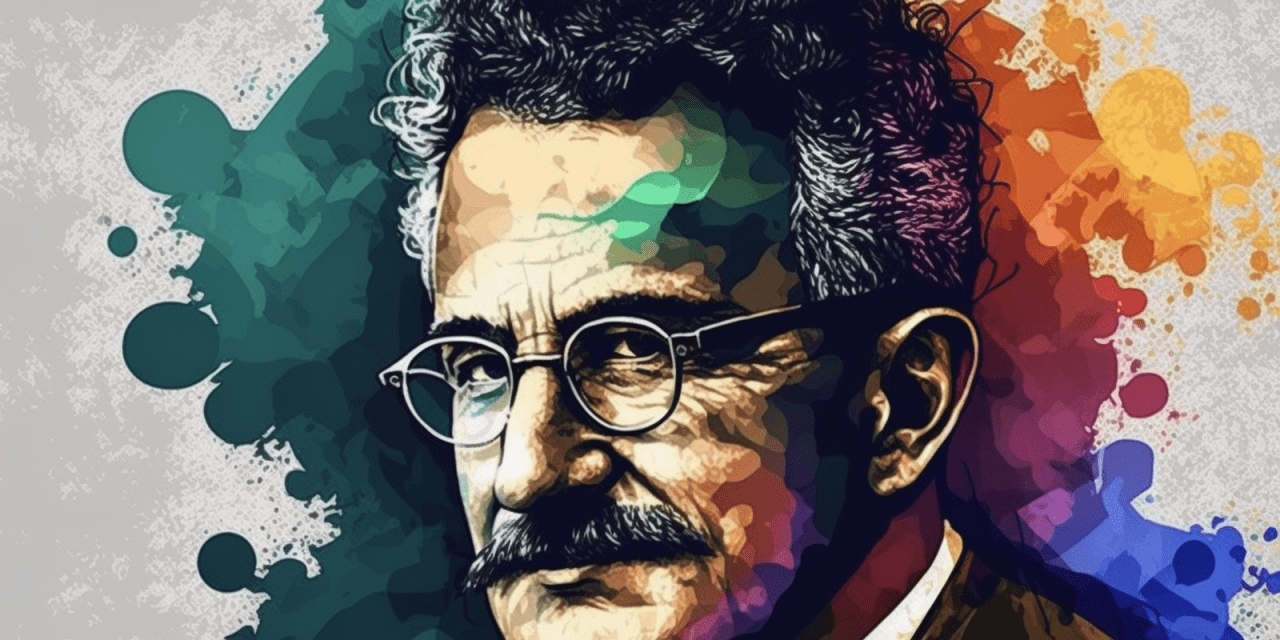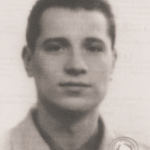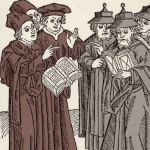Walter Benjamin: A Prolific German-Jewish Philosopher and Cultural Critic
On this day in 1892, Walter Benjamin, a German-Jewish philosopher and cultural critic, was born in Berlin. Before his tragic death while attempting to escape Nazi-controlled Europe, he would write some of the most significant texts of 20th-century thought. Benjamin was born into a wealthy Jewish family with connections to notable intellectuals such as William Stern and Gunther Anders. He pursued higher education at various universities, including Freiburg, Berlin, and Bern, while also being influenced by prominent intellectuals and artists he encountered during his career.
Friendships and Intellectual Connections
Walter Benjamin became friends with Frankfurt School philosopher Theodor Adorno, studied under Ernst Bloch, and got to know Marxist literary philosopher Georg Lukacs. His circle in Paris and Berlin included Max Horkheimer, Hermann Hesse, Kurt Weill, and Bertolt Brecht. Perhaps his closest and most enduring friendship was with Gershom Scholem, a German scholar of Jewish mysticism. Scholem, who emigrated to Palestine in 1923, repeatedly urged Benjamin to join him there. However, Benjamin stayed in Europe, moving between France and Germany, visiting Moscow, and eventually attempting to flee to the United States via Spain.
A Wide Array of Intellectual Interests
Walter Benjamin’s work is distinguished by the depth and originality he brought to various subjects. In his essay “The Work of Art in the Age of Mechanical Reproduction,” he crafted one of the most influential pieces of art criticism. In this essay, he explores the implications of mass production, specifically photography and film, on art and the aura surrounding an original piece. According to Benjamin, mechanical reproduction both highlights the power of an original and creates a new realm of cultural production, such as cinema, where there is no original. Two decades after his death, Benjamin’s essay would greatly impact scholars of visual culture.
Additional Contributions
But Benjamin’s intellectual interests also encompassed literary criticism, particularly the work of Charles Baudelaire, urban life and culture, and the philosophy of history. His unfinished study of Parisian life in the 19th century, known as The Arcades Project, remains a monument to the study of cities, their rhythms, and spaces. His short essay on Baudelaire and the flâneur, the quintessential city walker, is a foundational text for writers exploring the meaning and pleasures of urban life. In his “Theses on the Philosophy of History,” Benjamin stated, “There is no document of civilization which is not at the same time a document of barbarism.” Written in early 1940 as Hitler’s terror spread across Europe, this statement now seems to aptly summarize the last couple of centuries marked by genocide, war, and colonialism.
Tragic End to a Brilliant Mind
In June of 1940, Walter Benjamin left Paris just before the German’s arrival, as they held a warrant for his arrest. In September, he crossed the border from France into Spain. However, believing he would not be allowed to travel to Portugal and fearing that Spain would round up and return all refugees to Nazi-occupied France, Benjamin committed suicide. As it turned out, those with whom he had been traveling were granted safe passage to Portugal. At the age of 48, Benjamin became another casualty of fascism in Europe during the 20th century.
Resources:
The Work of Art in the Age of Its Technological Reproducibility, and Other Writings on Media, Harvard University Press, ISBN 0-674-02445-1
The Arcades Project, Harvard University Press, ISBN 0-674-00802-2













Start the discussion at community.jewishoriginal.com